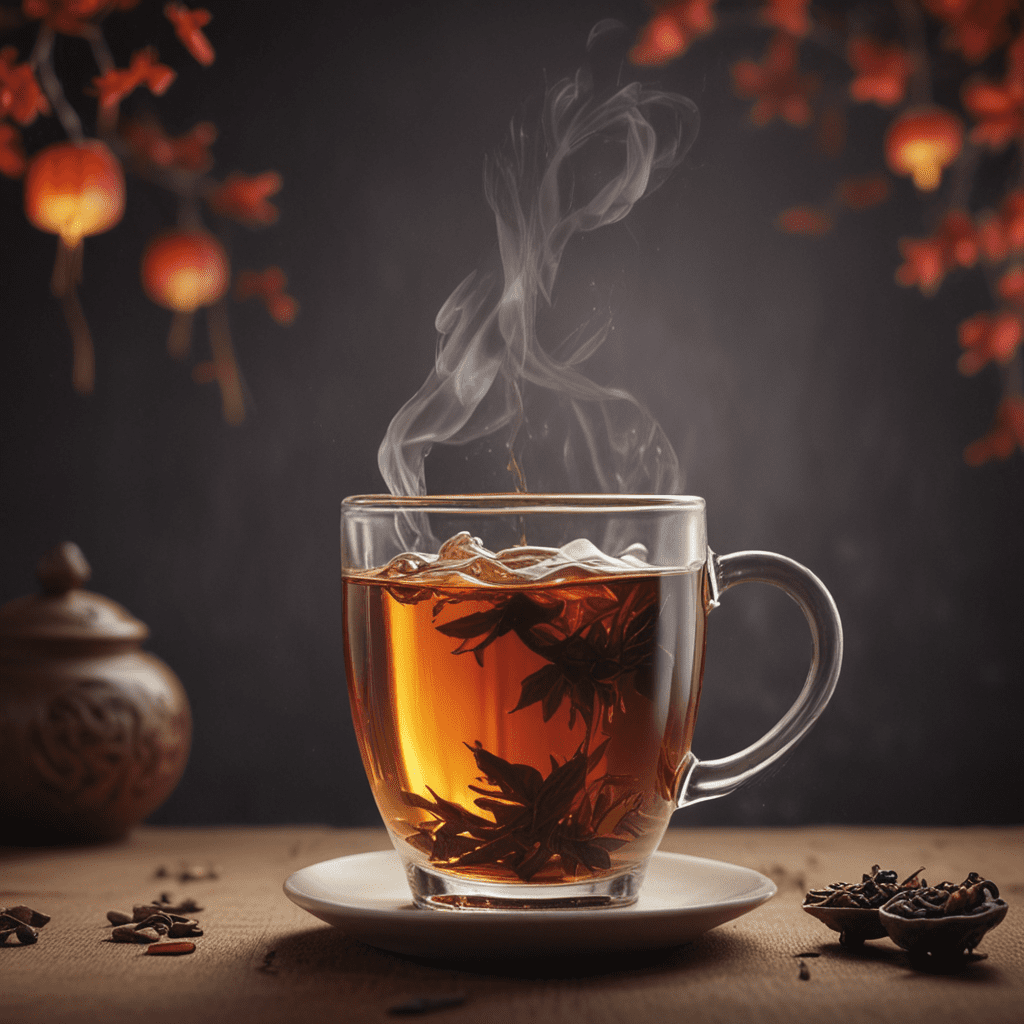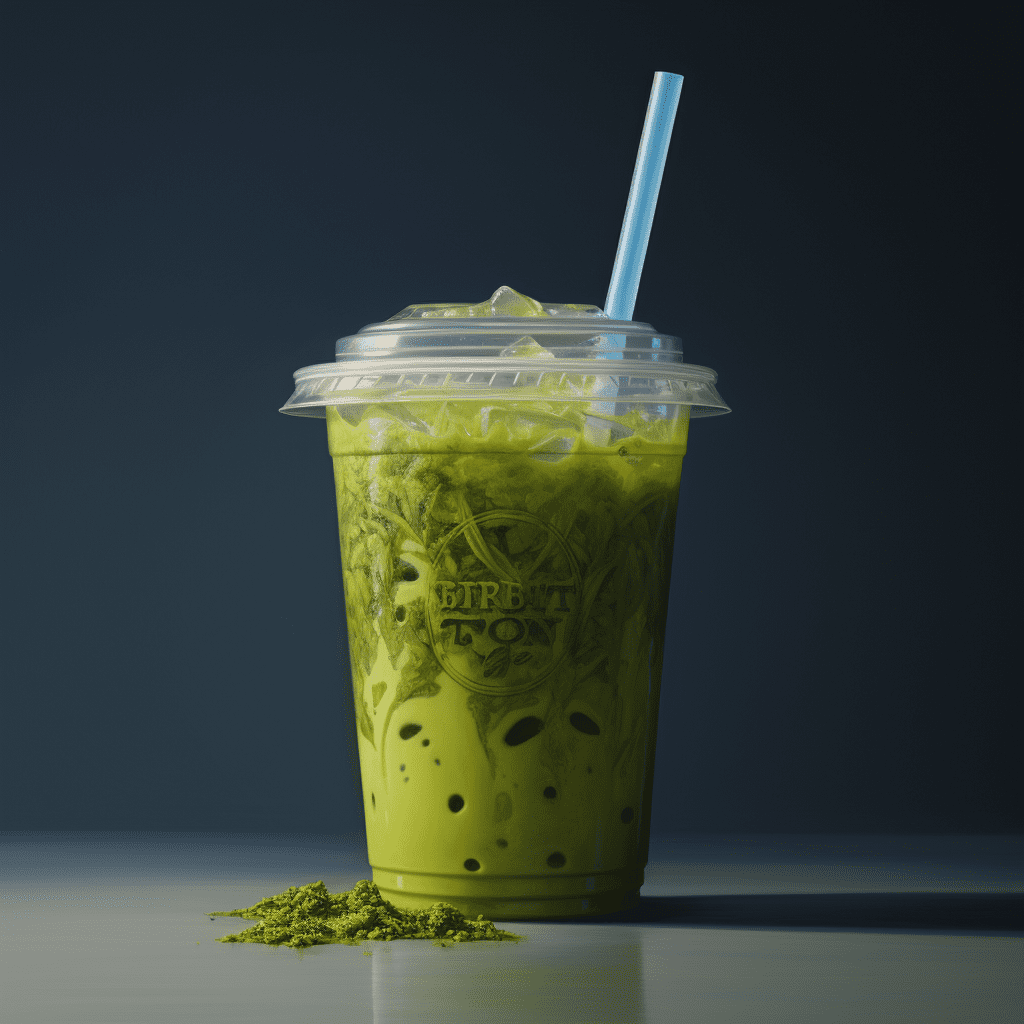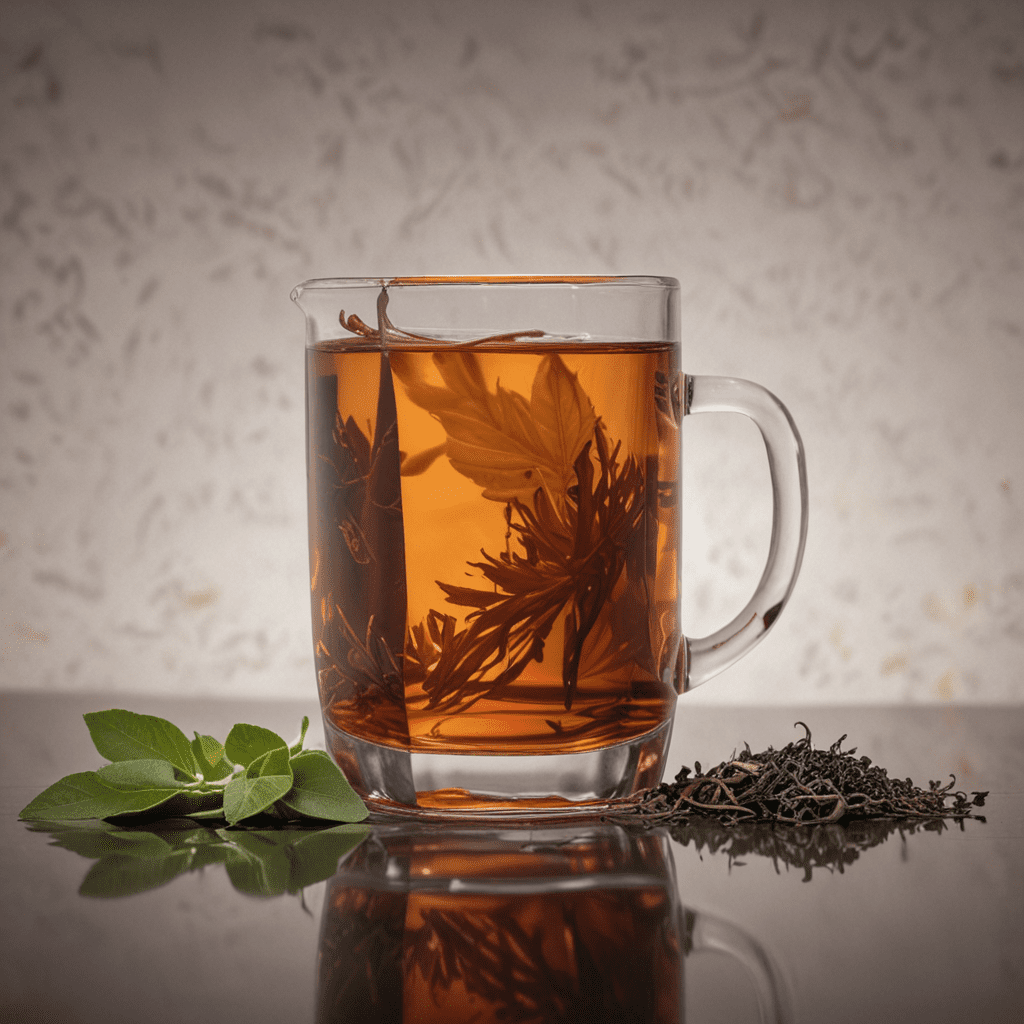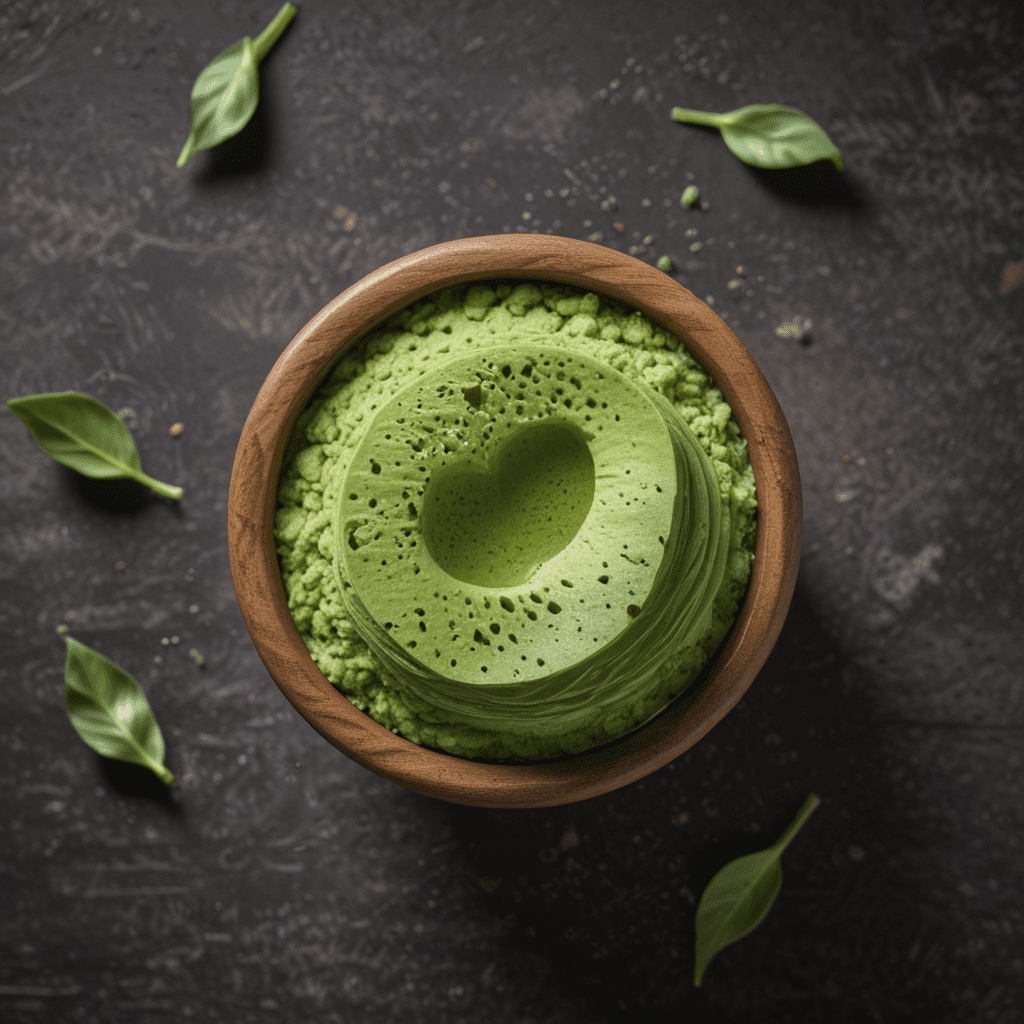1. Introduction
As a captivating element deeply interwoven into the fabric of Chinese tradition, tea transcends a mere beverage and ascends to the realm of cultural significance, gracing an array of festivities throughout the year. From its humble origins as a medicinal herb, tea has transformed into an emblem of Chinese culture, embodying harmony, respect, and rejuvenation.
2. The History of Tea in Chinese Culture
The enthralling saga of tea in Chinese culture finds its genesis over 5,000 years ago, when the legendary emperor Shennong serendipitously discovered its invigorating properties. As tea spread across the Middle Kingdom, it gained favor among scholars, poets, and emperors alike, becoming an indispensable facet of their daily lives and a muse for artistic expression. Through the centuries, tea has played a pivotal role in Chinese medicine, philosophy, and religion, cementing its position as a cultural icon.
3. Tea as a Traditional Gift
In the intricate tapestry of Chinese customs, tea holds a cherished place as a traditional gift, conveying profound sentiments of respect, gratitude, and goodwill. During festivals, the exchange of tea between family members, friends, and colleagues serves as a tangible expression of these heartfelt emotions. The act of offering tea symbolizes a warm welcome, fostering connections and reinforcing the bonds of community.
4. Tea Ceremony in Chinese Festivals
Chinese festivals provide a sumptuous backdrop for elaborate tea ceremonies, imbued with centuries of tradition and symbolism. During these rituals, the preparation and consumption of tea transcends its gustatory appeal, becoming a sacred act. The meticulous execution of each step, from the selection of tea leaves to the precise pouring technique, reflects the deep reverence accorded to tea in Chinese culture.
5. The Role of Tea in Chinese New Year
As the most significant festival in the Chinese calendar, Chinese New Year ushers in a jubilant atmosphere where tea plays a pivotal role. During family gatherings, the serving of tea signifies a heartfelt wish for prosperity and longevity. The ubiquitous presence of tea throughout the festivities extends to the offering of tea to ancestors and deities, honoring tradition and paying homage to the past.
6. Tea during the Dragon Boat Festival
During the Dragon Boat Festival, commemorating the patriotic poet Qu Yuan, tea leaves play a symbolic role in warding off evil spirits. The custom of "throwing tea to Dragon Boat" entails tossing tea leaves into the river as a gesture of reverence and remembrance.
7. Tea and the Mid-Autumn Festival
The Mid-Autumn Festival celebrates family reunions under the celestial glow of the full moon. Tea serves as a convivial accompaniment to mooncakes, symbolizing harmony and happiness.
8. Tea in the Double Ninth Festival
The Double Ninth Festival honors the elderly and celebrates longevity. As part of the festivities, families gather at scenic hills to drink chrysanthemum tea, believed to promote good health and dispel evil influences.
9. Tea and the Lantern Festival
The Lantern Festival marks the culmination of the Chinese New Year festivities. To symbolize good fortune and prosperity, families enjoy tea alongside sweet glutinous rice balls known as "tangyuan."
10. Conclusion
Tea, an integral part of Chinese culture, permeates the fabric of numerous festivals. Its profound significance reflects the deep reverence accorded to this ancient beverage, transcending its refreshing qualities to become an embodiment of tradition, harmony, and goodwill.
FAQ
Q: What is the history of tea in Chinese culture?
A: Tea has been an integral part of Chinese culture for over 5,000 years, with its earliest recorded use as a medicinal herb.
Q: What is the significance of tea as a traditional gift in China?
A: Tea is a cherished gift in Chinese culture, conveying respect, gratitude, and goodwill.
Q: How is tea used in Chinese festivals?
A: Tea plays a central role in Chinese festivals, with specific customs and rituals associated with different celebrations.
Q: What are some popular tea varieties enjoyed during Chinese festivals?
A: Popular tea varieties include green tea, black tea, oolong tea, and chrysanthemum tea.
Q: How is tea prepared and consumed during Chinese festivals?
A: Tea preparation and consumption vary depending on the specific festival, often involving traditional tea ceremonies and rituals.



